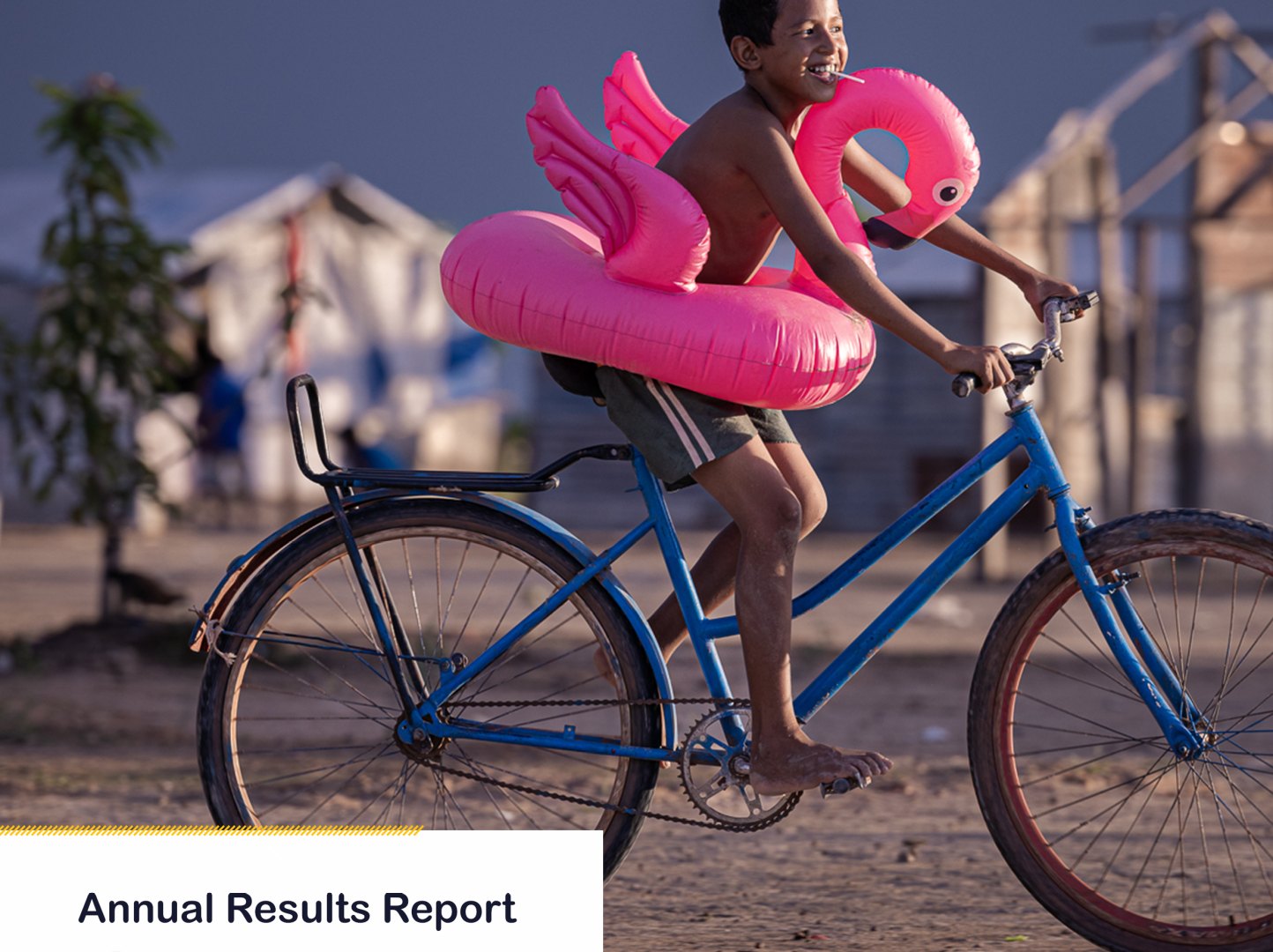Rethinking our food systems: A guide for multi-stakeholder collaboration
The clear message emerging from the UN Food Systems Summit (UNFSS) held in September 2021 was the need for more constructive working relationships between policymakers, the business community, civil society, and research and education to resolve the challenges facing food systems. Issues identified ranged from food insecurity, obesity and rural poverty to biodiversity loss and climate change. The pandemic, the conflict in Ukraine and food inflationary pressures have, more recently, been hard reminders of the need to adopt a “joined-up thinking” multi-stakeholder approach for building a resilient food system that is capable of coping with disruptions in the long term.
The new publication Rethinking our food system: A guide for multi-stakeholder collaboration addresses the complex food systems challenges, whose scale and nature call for a systemic, multi-level and multi-stakeholder participatory approach across economic, social and environmental dimensions.
Multi-stakeholder collaboration can take on different shapes, such as public-private partnerships, or commodity platforms, and can be undertaken at a variety of levels, from community level or urban dialogues to national food systems steering committees; with an array of tools and guidance already developed for different types of initiatives.
FAO, UNEP and UNDP came together to appraise existing tools and approaches for the sustainable transformation of food systems, distilling learnings and best practices into the publication Rethinking our food system: A guide for multi-stakeholder collaboration. The guide’s process also gained support from an international steering committee composed of experts on governance and food policy who validated the guide’s findings.
Conceived to support national and international multi-stakeholder initiatives contributing to the follow-up of the UNFSS and to the implementation of the National Pathways, it has been developed for individuals, teams and organizations tasked with convening and facilitating multi-stakeholder initiatives of all scales and types related to the sustainable transformation of food systems.
Convening and managing multi-stakeholder collaboration may sound overwhelming but the guide provides step-by-step oversight and a set of tools to help initiatives determine where they are in the process and possible next steps needed to ensure that multi-stakeholder collaboration contributes to the sustainable transformation of food systems. The guide is centred on five building blocks to illustrate the different stages of the multi-stakeholder collaborative process.





